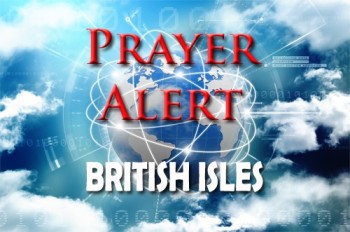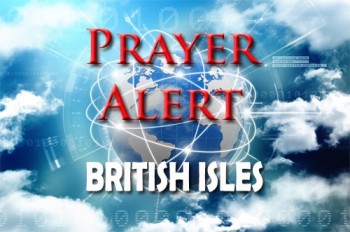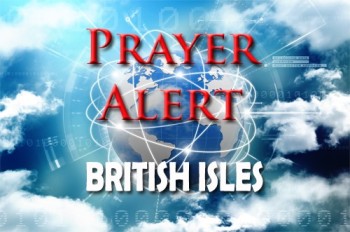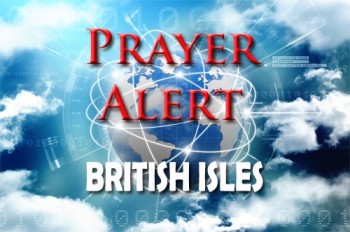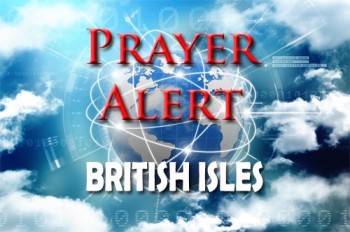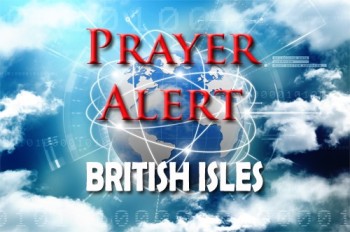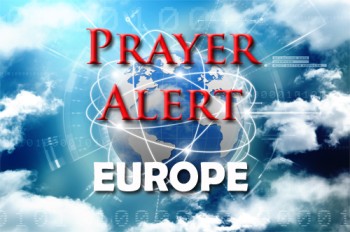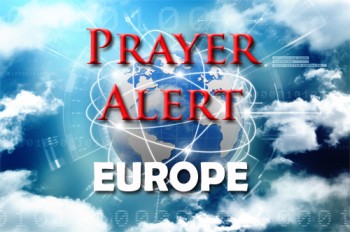Miraculous intervention saves teenage son
When Ronald Mallett’s son, Kevin, was involved in a terrifying tractor accident, a miraculous intervention unfolded. Kevin, just 14, was adept at handling the heavy tractor on their farm’s slopes. One day, while driving down a particularly steep hill, the tractor began to tip uncontrollably. Ronald and his wife, Pat, watched in horror, fearing for their son’s life. As the tractor reached a tipping point, it unexpectedly stopped in midair, as if held by unseen hands. Kevin safely exited, and the tractor gently settled back to the ground. This inexplicable event solidified Ronald’s belief in angels as active protectors, a truth anchored in Hebrews 1:14. He shares this experience to inspire faith in God’s miraculous power, even in modern times.
Young medic amazed by Liberia healings
Bethany Ashcraft joined a mission trip to Liberia, encountering extreme poverty and spiritual warfare. Working alongside a team of medical professionals, she witnessed firsthand the impact of the drug 'Kush' on local people, causing disturbing symptoms. Amid her medical duties, Bethany prayed for patients, leading to surprising healings. One Muslim woman, after accepting Jesus, experienced a complete healing. Throughout the week, as Bethany prayed, some individuals manifested demonic behaviour, which was resolved through prayer, demonstrating God’s power. This experience strengthened Bethany’s faith and inspired her desire to continue witnessing God’s tangible impact on others.
Abuse survivors call for further CofE resignations
Survivors of abuse associated with John Smyth, a prolific child abuser linked to the Church of England, are urging further resignations following Justin Welby’s decision on 13 November to step down. A review revealed Welby 'could and should have’ reported Smyth’s abuse in 2013. Many survivors maintain that his resignation alone is insufficient, and insist that all individuals involved in the cover-up be held accountable. An independent report detailed the Church’s historical inaction, describing it as a 'missed opportunity' to bring Smyth to justice before his death in 2018. Bishop Rachel Treweek emphasised the need for further accountability, while Bishop Martin Gorick expressed discomfort with the situation. See also
Top mortgage deals vanish as banks hike rates
Despite a recent Bank of England base rate cut from 5% to 4.75%, many major lenders have increased mortgage rates and withdrawn top deals, leading to higher costs for borrowers. Around 200 deals have disappeared from the market in the past month. After the Bank’s rate reduction, average two-year and five-year fixed mortgage rates have increased to 5.44% and 5.17% respectively. Experts suggest lenders are raising rates to manage demand and maintain service standards as market conditions fluctuate. Notably, smaller lender MPowered Mortgages has reduced rates, contrasting with the broader trend. Borrowers are advised to secure current deals promptly to mitigate further costs.



